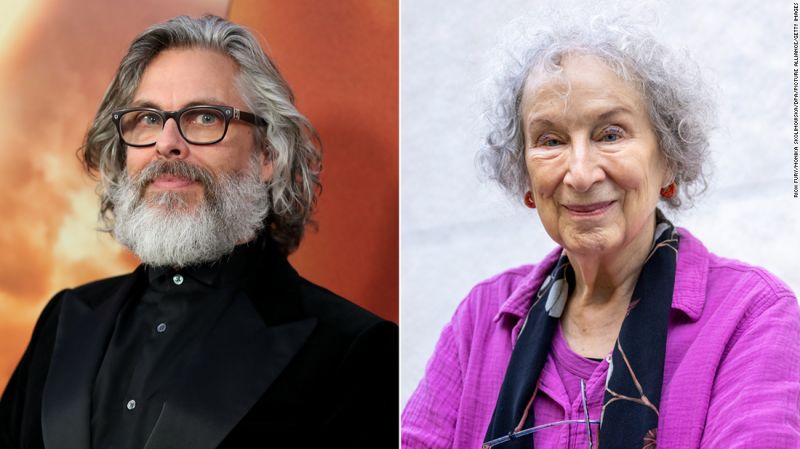- cross-posted to:
- [email protected]
- [email protected]
- [email protected]
- cross-posted to:
- [email protected]
- [email protected]
- [email protected]
Thousands of authors demand payment from AI companies for use of copyrighted works::Thousands of published authors are requesting payment from tech companies for the use of their copyrighted works in training artificial intelligence tools, marking the latest intellectual property critique to target AI development.



If I created a web app that took samples from songs created by Metallica, Britney Spears, Backstreet Boys, Snoop Dogg, Slayer, Eminem, Mozart, Beethoven, and hundreds of other different musicians, and allowed users to mix all these samples together into new songs, without getting a license to use these samples, the RIAA would sue the pants off of me faster than you could say “unlicensed reproduction.”
It doesn’t matter that the output of my creation is clear-cut fair use. The input of the app–the samples of copyrighted works–is infringing.
The RIAA is indeed a litigious organization, and they tend to use their phalanx of lawyers to extract anyone who does anything creative or new into submission.
But sampling is generally considered fair use.
And if the algorithm you used actually listened to tens of thousands of hours of music, and fed existing patterns into a system that creates new patterns, well, you’d be doing the same thing anyone who goes from listening to music to writing music does. The first song ever written by humans was probably plagiarized from a bird.